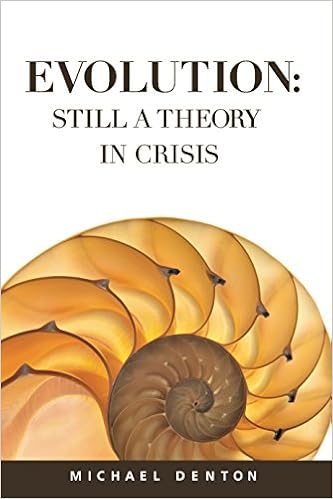
When Nature is giving you the advice, … you know there’s a problem and you better listen.
There is no handbook that describes what to do in these situations. If you decide to be a whistle-blower, you must realize that it will be stressful. And because it is so stressful, you want to ensure that any investigations that are carried out will be robust. Every case needs to be considered on an individual basis, but I hope that sharing my recommendations will help others who find themselves in a similar position.
But then, inexplicably:
Avoid public disclosure. In my view, it is not appropriate to make public statements about such cases until they are resolved. It would have been much easier for me if our case had not been discussed openly until its outcome had been decided. However, I think the student found that talking to the press helped to gain traction within the university. More.
In short, make sure of the facts, and tell the world. Most honest people know when something doesn’t sound quite right even if they do not know all the details of the discipline: Appeals to authority, compassion or the greater good when one has asked for a discussion of facts is diagnostic, and no great learning or intelligence is required to identify it.
 History corner: Thomas Huxley, a Nature founder, was skillful at undermining non-Darwinian biologists like Richard Owen, as one learns from Michael Denton’s Evolution: Still a Theory in Crisis (2016) :
History corner: Thomas Huxley, a Nature founder, was skillful at undermining non-Darwinian biologists like Richard Owen, as one learns from Michael Denton’s Evolution: Still a Theory in Crisis (2016) :
Because of his vigorous opposition to the functional conception of nature, Owen was vilified by Thomas Huxley and other supporters of Darwin. After the publication of the Origin, Owen’s contribution to biology was increasingly downplayed by the Darwin camp, and his rejection of the conception tat all biological order was “to serve some utilitarian end” was dismissed as archaic and treated as based on failed metaphysical assumptions.” p. 62
Presumably, he couldn’t just be fired or denied funding, like today.
The moral is, the people one hears the most from or about are not necessarily the best sources. Often they are simply the best manipulators. And it can go on for centuries.
See also: First Things has noticed: Science is broken
and
Venerated medical journal
Follow UD News at Twitter!